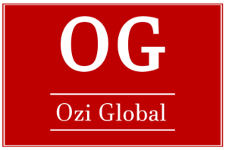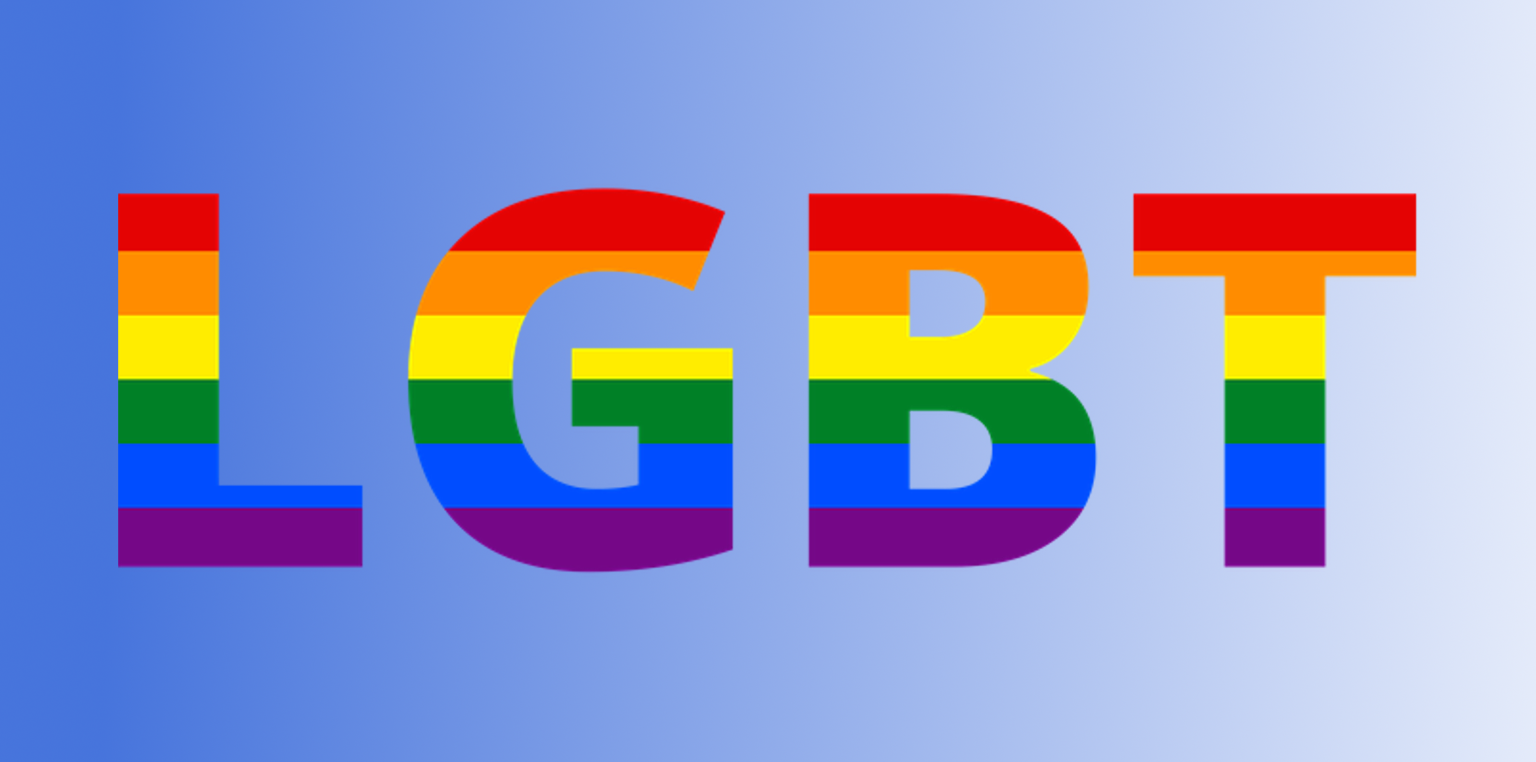
LGBT freedom and their rights
Hello friends, this is Rajesh K. Singh welcoming you once again to my blog. Last time I have written a blog keeping in mind the empowerment of women. I pondered on over it for a while and came up with another greatly oppressed community in most of the world, the LGBT community.
This is not a new term, we are all familiar with it, but the reason why I’ve chosen this topic for today’s blog is the situations they’re going through in India, and several other parts of the world, without being at fault. LGBT, as most of you all know, is an initialism that stands for lesbian, gay, bisexual, and transgender people. The first national gay rights organisation, the Mattachine Society, was formed in 1951 and was created by Harry Hay.
The first lesbian rights organisation in the US was founded in 1955. Ever since these organisations came into existence, more and more people have been coming out as homosexuals in our society seeking acceptance and freedom for loving whoever they want to, irrespective of their gender. During that period, life was harsh for homosexuals as they were forced to hide their behavior and identity in order to escape mockery and even imprisonment. Many laws were passed in contradiction of homosexuals during this period and it was declared to be a mental illness.
This discrimination against the LGBT community has been associated with high rates of psychiatric disorders, substance abuse, and suicide. Experiences of violence and persecution are frequent for LGBT individuals and have long-lasting effects on the individual and the community.
Mental health issues and suicide rates continue to be higher among LGBT persons than in other communities even today. We’re in the 21st century and the situations for the LGBT community have drastically improved a lot.
LGBT equal rights
As we now have many laws enforced which are directly related to the homosexual rights movement and civil rights movement that advocates equal rights for gay men, lesbians, bisexuals, and trans genders, and seeks to eliminate laws barring homosexual acts between consenting adults.
It also calls for an end to discrimination against gay men and lesbians in employment, credit lending, housing, public accommodations, and other areas of life.
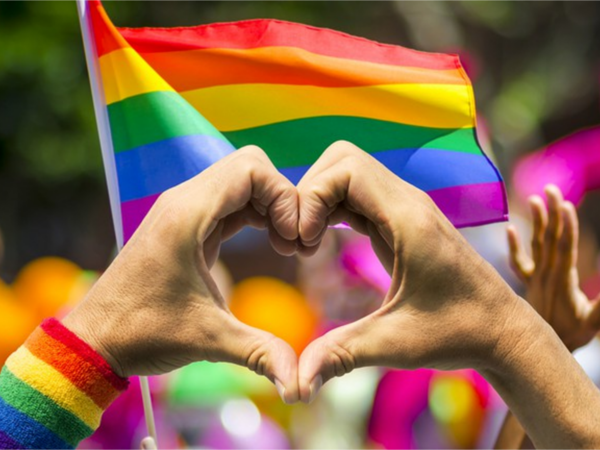
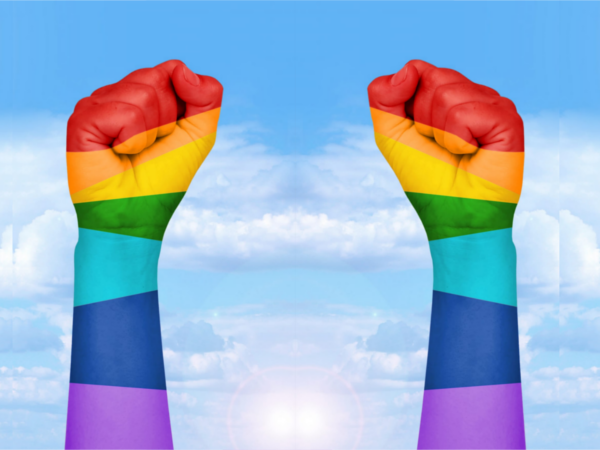
Last year, we saw a set of victories for the LGBT community, all over the world. The call for a more diverse and inclusive world is gaining momentum, but it is important to remember that while variety is becoming more widespread, there is a great deal of work still to be done for LGBT rights around the world.
The struggles of LGBT people vary vividly around the world. While people living in the west have made enormous steps in attaining equal rights, there are still many countries where gay marriage is still not recognised, and in some countries, homosexual relationships are still punishable by death.
Around the world, there are 23 countries where same-sex marriage is legal. The majority of nations are in the Americas and Europe, with South Africa and New Zealand also on the list.
As the world is improving by dwelling further into matters like these, we as a part of the society need to change the way we perceive the members of the LGBT community. Changes in legislation and LGBT portrayal in the media are important, but a change in cultural attitudes must also follow. Because they are human beings. They are your friends, your brothers, your sisters, your cousins, your teachers, your co-workers, your supervisors, or your leaders. They have feelings too.
They are born that way, and they can’t change their sexual orientation fearing the harsh mentality and judgment of the society just like we can’t change our sexual preferences for the opposite gender or whomsoever we prefer. We are all aware of how there are still many people in the world who look down upon the members of the LGBT community, which leads to many homosexuals rejecting their original identity whilst struggling to act straight.
This the reason why more and more people are committing suicide because they could not cope with the reality of their sexuality, fearing persecution.
In the west, LGBT rights continue to improve. Better education, changing cultural norms and the growing evidence of the economic benefits of diversity have all contributed to a more inclusive environment for LGBT people. However, in countries like Brunei and Afghanistan, homosexuality is still viewed as a crime and has even resulted in the death penalty.
In Islamic culture, the Quran and Hadith are clear about the moral ruin of the people, and the Hadith in particular includes many passages calling for harsh punishments of homosexual activity.
Even today, gays remain subject to legal persecution in most parts of the Middle East, with the exception of Israel, Turkey, Jordan, and Lebanon. Based on a database collected by the authors, since the Islamic State announced itself as a caliphate in June 2014,
its Moral Policing Administration and online media apparatuses had publicly announced twenty-seven executions of allegedly gay men from Iraq and Syria. The main method used to kill these men has been to throw them off the roofs of high-rise buildings.
Even in India, although section 377 is now history, it’s still tough for Indian families to accept their child’s homosexuality as a normal occurrence. These kids often face harassment and bullying, and to avoid humiliation and violence they often skip classes or drop out of school altogether.
These people who are bullied in school are less likely to succeed and more likely to find themselves vulnerable to discrimination and violence as adults. This needs to stop, and we need to give the members of this community a safe and healthy environment to live in. Although India is improving the facilities and education in regard with the LGBT society by organising pride parades, fests, and seminars, it still lags behind countries like the Netherlands and Costa Rica, where this situation is completely normalised.
Hence, we still have a long way to go on this journey for a free and healthy society where no one is afraid to express themselves as well as their identities without fear of violence or retribution.
There is still much that remains to be done if the civil rights of LGBT persons in India are to be protected. They have the absolute and inalienable right to define themselves in their terms and in their own languages. They are human beings, and they need to be recognised and respected in the societies they live in. With this note, I would like to end this blog here.
Please don’t forget to comment your views on this blog below. Stay safe and remember that love is love, and beauty comes from actually knowing who you are, and standing up for yourself.
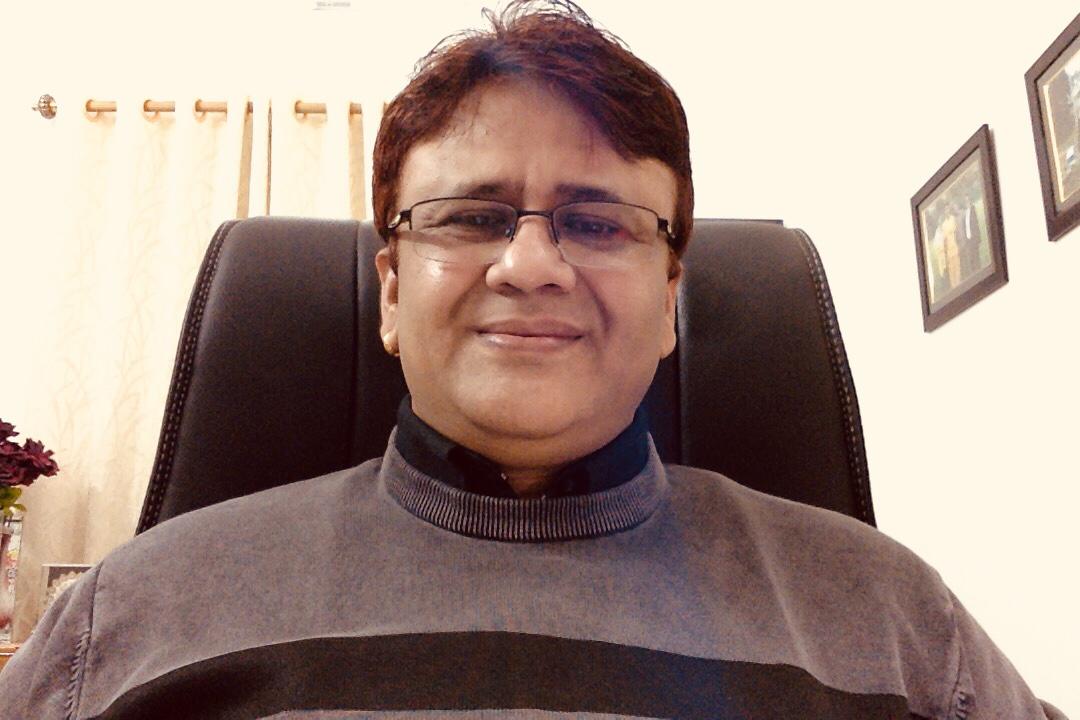
B.E(Civil),M.B.A(Marketing),SAP(SD)
